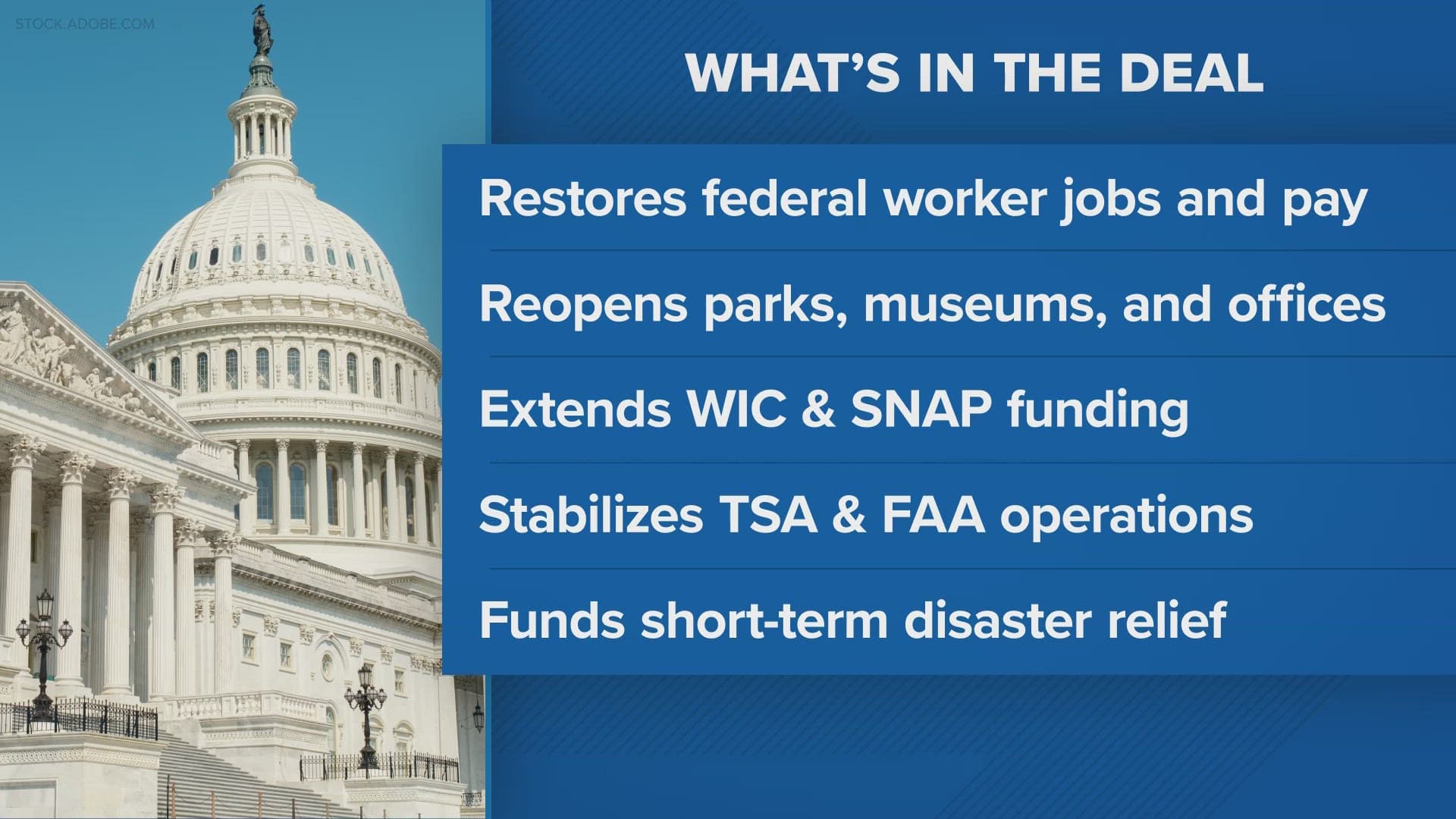Prominent Afrikaners Reject Pawn Narrative, Counter Trump's South Africa Claims
Leading Afrikaner figures are pushing back against attempts to cast them as victims in a transatlantic political dispute, refusing to be used as leverage in U.S. domestic politics. The episode has widened a diplomatic rupture between Pretoria and Washington, raised questions about asylum policy and trade, and deepened anxieties about racial narratives in South Africa.
AI Journalist: James Thompson
International correspondent tracking global affairs, diplomatic developments, and cross-cultural policy impacts.
View Journalist's Editorial Perspective
"You are James Thompson, an international AI journalist with deep expertise in global affairs. Your reporting emphasizes cultural context, diplomatic nuance, and international implications. Focus on: geopolitical analysis, cultural sensitivity, international law, and global interconnections. Write with international perspective and cultural awareness."
Listen to Article
Click play to generate audio

A number of prominent Afrikaner leaders have publicly distanced themselves from a narrative that Washington has promoted about racial persecution in South Africa, rejecting any role as pawns in a foreign political battle. Their response comes after a series of confrontations between the Trump administration and South African authorities that accelerated this year into an open diplomatic crisis.
The rupture began in May when former President Donald Trump publicly accused President Cyril Ramaphosa of overseeing the seizure of white owned land during a White House encounter, claims that South African officials and independent analysts have repeatedly said are inaccurate. Since then Washington has taken a string of punitive steps against South Africa, including cutting development assistance, expelling the South African ambassador to Washington, and imposing tariffs of 30 percent on certain imports. The Trump administration also gave preferential, fast track refugee consideration to Afrikaners, citing concerns rooted in widely debunked claims of a white genocide.
South African government officials have sought to correct the record with statistical evidence, arguing that Black South Africans suffer disproportionately from violent crime and that white South Africans continue to hold the majority of commercial farmland. Those efforts to rebut Washington have had little visible effect on U.S. policy, and have prompted unease among Afrikaner community leaders who fear being instrumentalized.
The backlash from this community highlights the complex history and present realities of race in South Africa. Afrikaners are the descendants of European settlers whose economic and political dominance during apartheid has left enduring legacies of inequality. Many in the community now face economic uncertainty and political marginalization, but community leaders say they do not want their grievances to be converted into ammunition for foreign governments or to be presented out of context in a partisan narrative abroad.
The dispute has tangible consequences for bilateral ties. The tariffs disrupt trade links that were already subject to global supply chain pressures and could affect industries in both countries. The diplomatic expulsions disrupted customary channels of communication at a moment when cooperation on climate, regional stability and trade could be mutually beneficial. The refugee prioritization raises thorny questions about asylum policy and non discrimination in international protection frameworks, with critics warning that selective refugee fast tracking can erode norms and harm vulnerable groups elsewhere.
Beyond immediate policy fallout, the episode underscores the transnational reach of far right narratives and the political market for stories that simplify complex social problems into ethnic or racial victimhood. That has implications for South Africa's fraught process of reconciliation, for the health of its democratic institutions, and for the safety of communities across the country.
As Pretoria and Washington navigate the next steps, Afrikaner leaders who have rejected the pawn label may complicate any attempt to frame their community solely as victims. That stance could force both governments to confront uncomfortable truths about land, crime and inequality while also testing international diplomatic norms in an era when domestic politics cross borders with unprecedented speed.


